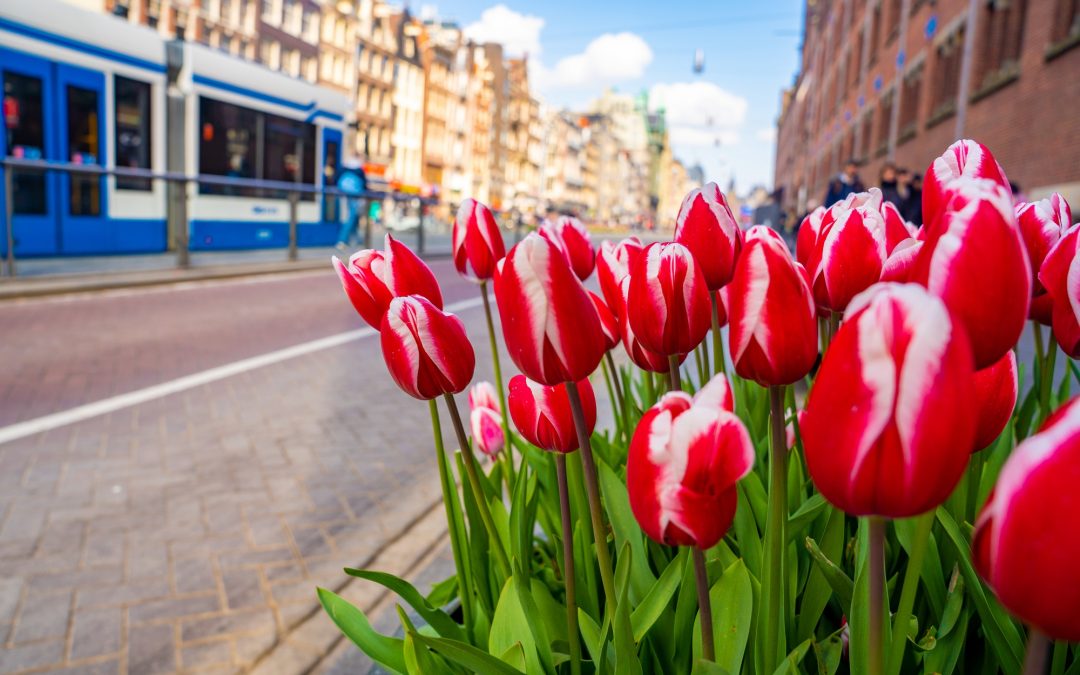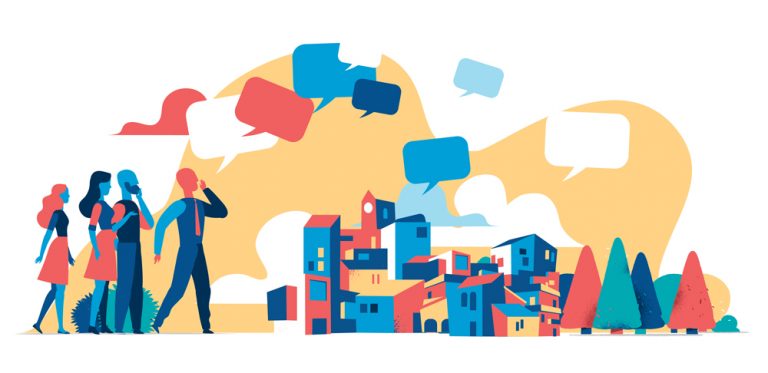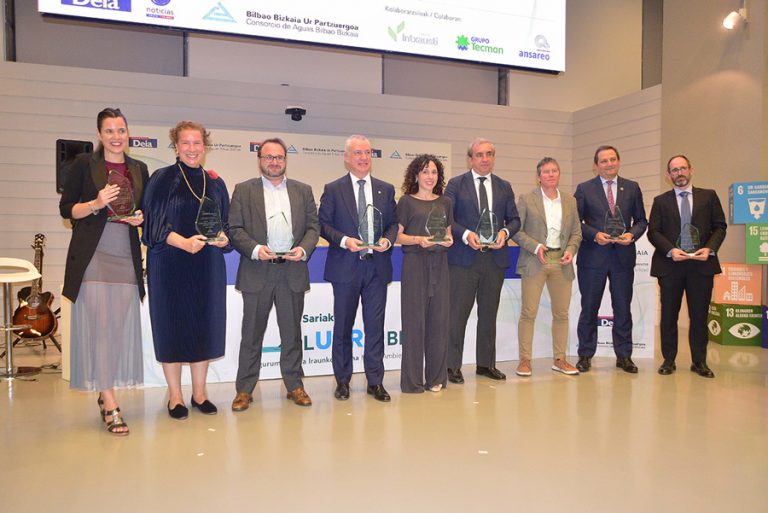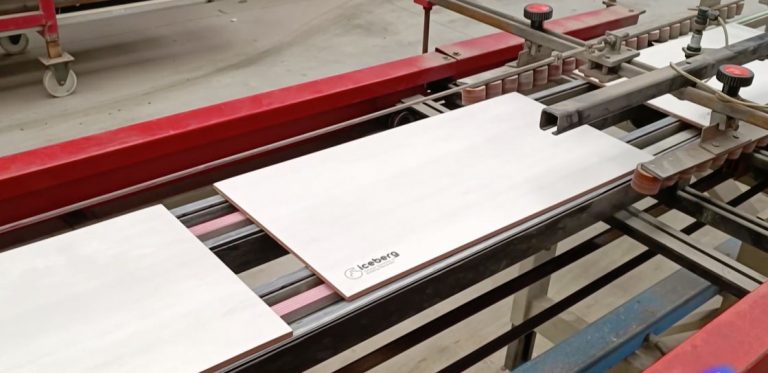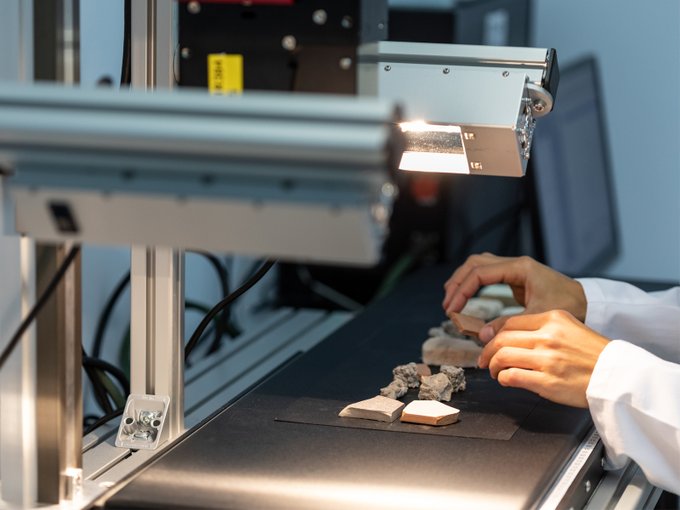The meeting that will take place in Utrecht and Amsterdam, on 17, 18 and 19, will allow to make a review of the progress achieved and the work performed in the last half year
The Netherlands is hosting this week the general assembly of members of the ICEBERG Project led by TECNALIA and in which 35 public and private organizations from ten European countries participate. The face-to-face and online meeting coordinated by GBN/Strukton, will take place on 17, 18 and 19 in Utrecht and Amsterdam and will serve to present the progress achieved in these first two years and to review the work performed since the last meeting held in the Basque Country last October.
The program includes a presentation by each of the partners involved in the different tasks (WP) part of the contract, to give an account of the progress made and the degree of compliance with them. In addition, it is planned a workshop on standardization and a visit to one of the case studies coordinated by GBN and which is being developed mainly in the Netherlands, in Schelphoek, around the circularity of concrete.
The ICEBERG project – acronym for Innovative Circular Economy Based solutions demonstrating the Efficient recovery of valuable material Resources from the Generation of representative End-of-Life building materials – is funded by the European Union as part of the Horizon 2020 Research and Innovation Framework Programme (contract 869336). It aims to tackle the recycling and recovery of some of the most common construction and demolition waste (CDW).
The objective of the project is to design, develop and validate innovative recycling systems and technologies, to make it possible to produce high-value recovered materials, that have a low level of impurities (less than 8%) and are safe. Validation will be carried out on an industrial scale by means of six case studies in different locations in Europe, covering the circularity of concrete, ceramics, wood, plaster, insulating foams and super-insulating materials. It also seeks to improve the reliability and acceptability of recycled materials from construction waste.
The project will last for four years and has a budget of 15,667,498 euros, of which the European Union is providing 12,997,935 euros. In the first half of the project, tools and technologies are being developed to improve the traceability, identification, separation, recycling and reuse of materials from C&DW. The second part of the project will be dedicated to demonstrating these solutions in six case studies, by analysing their economic and environmental impact and their impact on workers’ health.

